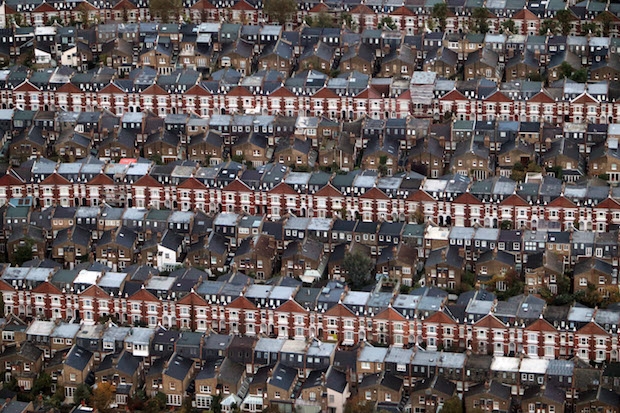Buying a house is a major decision and few people want to commit to such a life changing purchase in times of uncertainty. It’s no surprise therefore that the confusion, fear and downright shock that followed the EU referendum vote to leave has had an effect on sentiment in the housing market.
The latest survey from the Royal Institution of Chartered Surveyors confirmed what we all already suspected – that Brexit uncertainty has had an impact on market activity. New buyer enquiries declined significantly across the UK in June to its lowest reading since the mid-2008. The survey also recorded further decline in sales and many expect this to continue.
Last month also saw a reduction in house price growth. While values are still rising at a national level, they are doing so at a more moderate pace.
However, the extent to which this is a consumer reaction to political upheaval or a sign of things to come in the housing market is still unclear.
Appetite for clarity of the direction of the housing market is only matched by the dearth of data that would allow us to properly assess the situation. It will be autumn before all the numbers are in and even then, there will be great potential to misread the runes.
None of this is any help if you are in the middle of buying a home for the first-time or trading up. Should you just get on with it or wait? And if you do wait, how long for and will it be worth it?
For every homeowner worried about the potential erosion in the value of their asset, there is a prospective first-time buyer rubbing their hands and hoping for the kind of price drop that would really help them get on the ladder.
Buying a home is a personal decision, but Savills’ latest report, Brexit Briefing: Impact on the Mainstream Market, gives an overview to our thinking at this stage.
Over the coming weeks and months, we expect buyer caution to continue and consumer sentiment to fluctuate as negotiations to leave the EU proceed. This will have an impact in the number of sales, with fewer deals done. As a result, transaction numbers are likely to fall from the annual high of 1.3 million recently recorded.
The extent of that decline will depend on other factors. Firstly, how mortgage lenders react. Secondly, strength of the economy and how that affects consumer spending power.
At this point it’s business as usual as far as mortgages go. The base rate is at 0.5 per cent this month but the cost of borrowing is likely to stay lower for longer. The Bank of England is at great pains to ensure the lending cogs continue to turn. It has already eased capital requirements for banks, potentially freeing up £150 billion of capital.
Lenders’ choice of customers, however, will be the thing to watch. Should banks perceive a risk, they will be less likely to lend to borrowers with small deposits who require loans at large multiples of their income.
That might raise the stakes for first-time buyers and particularly impact on London where affordability is already quite stretched.
Further down the line, economic factors will determine the health of the property market. Household finances could come under pressure from a spike in inflation triggered by a weak pound. The prospect of slower economic growth is likely to constrain income growth, reducing spending power further still.
All this is likely to affect house price growth. We have already seen the pace slacken and this could continue.
At this stage however, we don’t expect to see many forced sellers. In fact, one of the key features of the market at the moment is a lack of property for sale.
Though we can’t rule out price falls in some markets where affordability is really stretched, house prices will be underpinned by low interest rates and low supply. Sorry first-time buyers.
Susan Emmett is Director of Residential Research at Savills






Comments